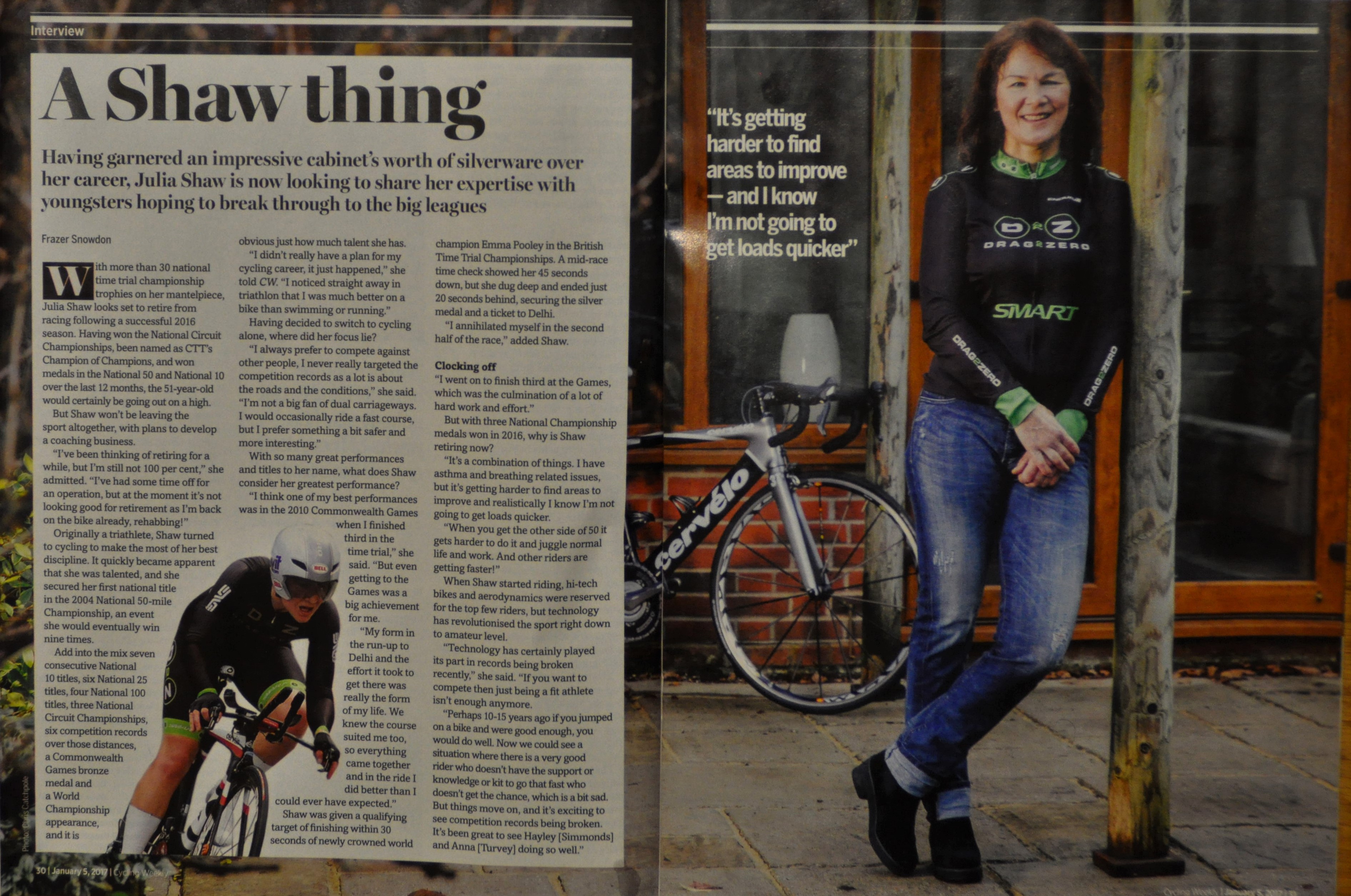NEWS / PRESS / BLOGS
Check out this new Webinar :
Excellent cycling performance talk from my old coach Dr Jamie Pringle (hosted by The Cycling Physios).
Some insights into what contributes to high performance now, plus some of what we were up to ~10 years ago that’s still very relevant today. Including somewhere half way through a few before and after photos of your truly :–)
Worth a watch if you missed it live.

New to time trialling, or just looking for ways to improve?
Definitely take a look at the article below from Cycling Weekly (in collaboration with myself and a few others)….
Or link to the Cycling Weekly online (cut down) version click here
Julia 🙂
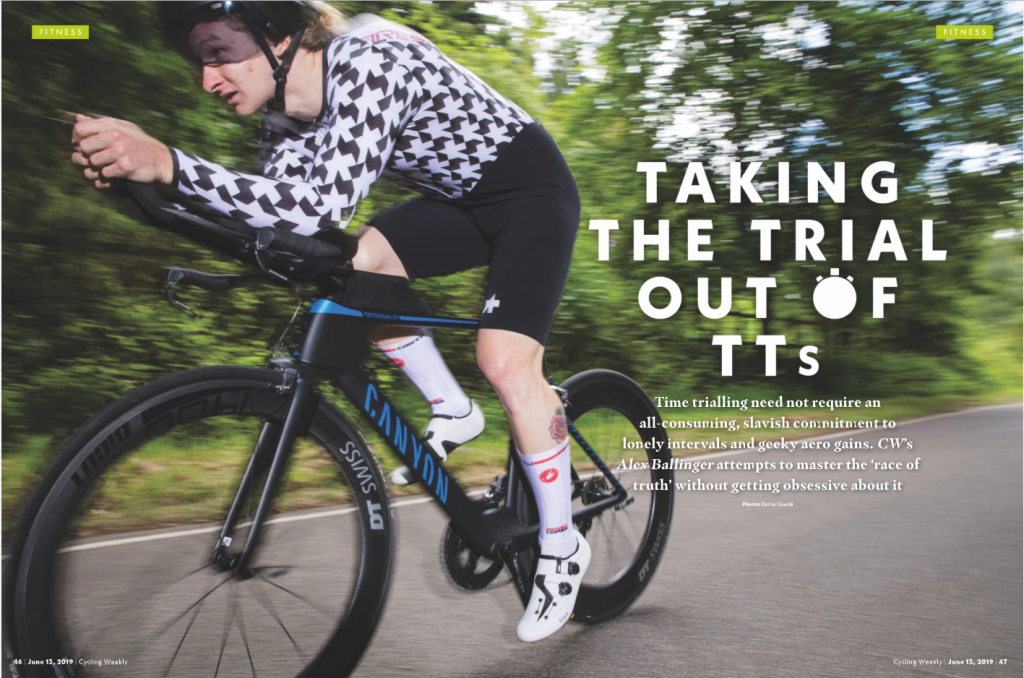
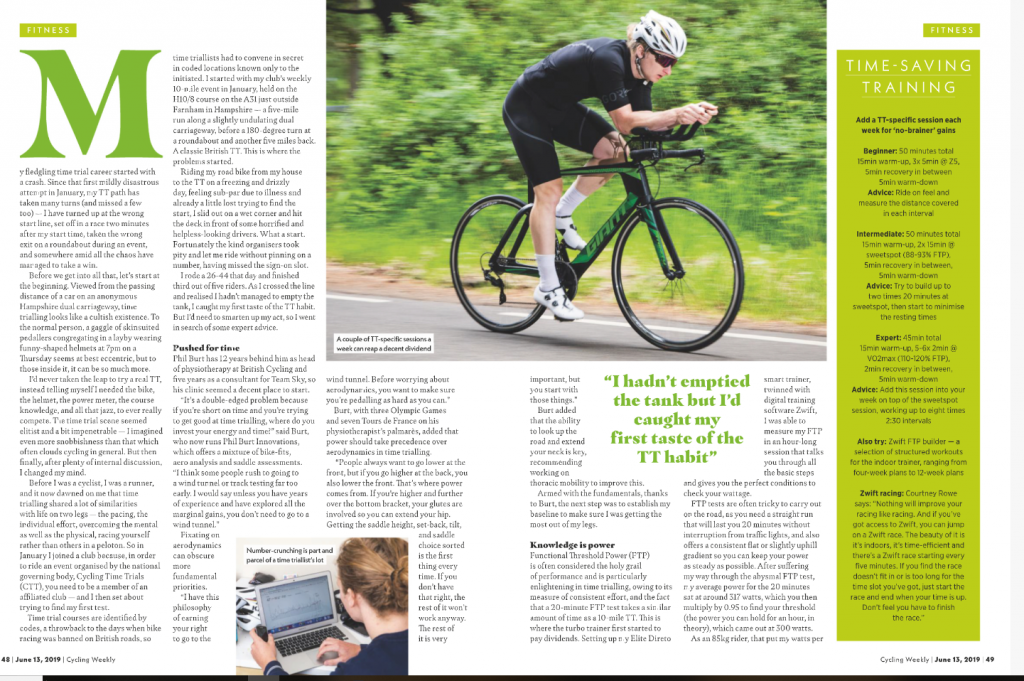
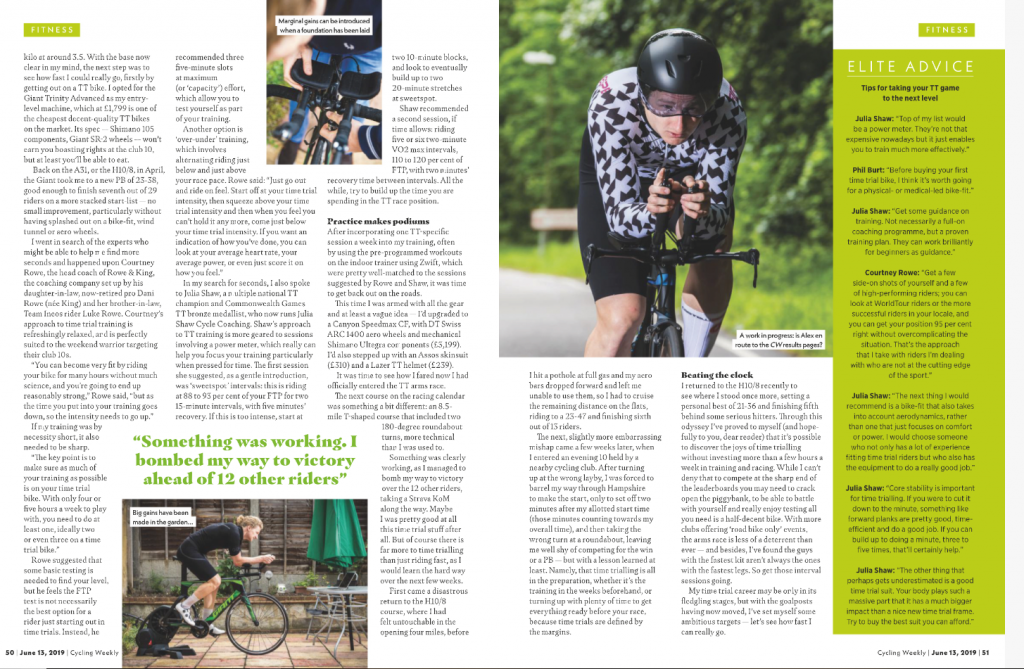

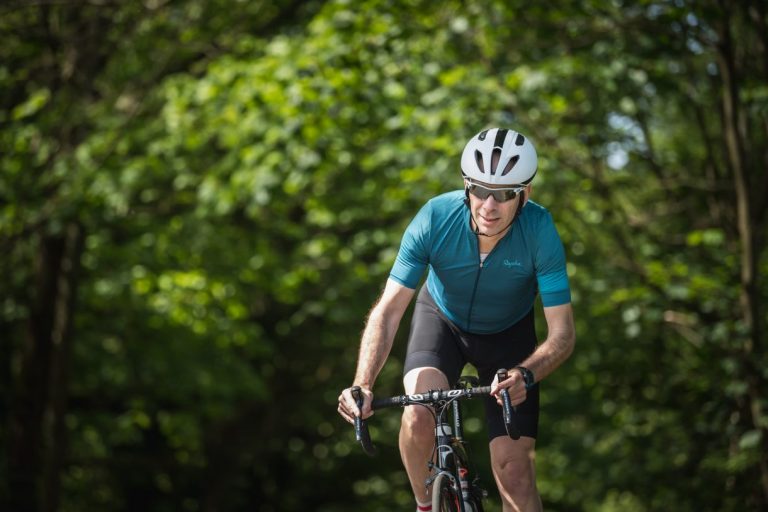
When do cyclists hit peak form? Cycling into your 40s, 50s and beyond
I recently had the good fortune to collaborate with Cycling Weekly’s Michelle Arthurs-Brennan for an article on the above subject.
Having raced successfully at elite level as a relatively “old” athlete myself, hopefully this can provide some insight into maximising performance at any age.
Its never too late!
Click here for link to the Cycling Weekly full article
Julia.

Physiological Profiling – Whats going on inside?
We recently spent a interesting day at the University of Chichester – Sport Performance Unit. for some rider physiological profiling.
There’s a lot more to learn about your physiology than just knowing your FTP!
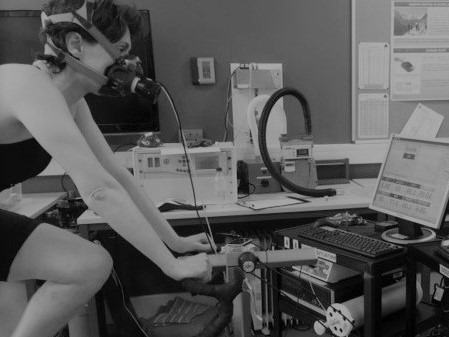
What is physiological profiling?
This is a physiological assessment that will provide us with an in depth analysis of your physiology with the primary goal of improving your performance.
The results of the testing allow us to take a scientific approach to training helping you to reach your full potential.
As part of this profiling two tests were performed:
-
Blood lactate profiling (via a sub maximal ramp test).
-
VO2 max test.
Why?
These two tests in combination can be an effective way to establish physiological strengths and weaknesses which can be extremely useful to help guide future training.
It is of course possible, without going to a Lab, to get a estimate of functional threshold power (FTP) via a straight forward maximum effort test on the road. Training zones can then be calculated from this power.
However, physiological profiling provides another level of detail and takes away some of the guess work by accurately identifying each riders specific response to exercise.
It also shows you how your physical attributes compare to your peers and to the best in the world and your suitability for different types of competitive events.
I like to use both road and Lab testing to provide the most insight as to whats going on inside.
This then allows for more precise and effective training and subsequently more fitness improvements.
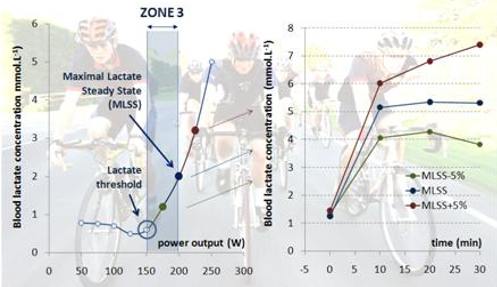
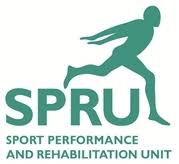
Many thanks to Andy West for carrying out the tests for us.
Hard work, but definitely a useful day out.
Julia.

From Racing to Coaching:
Check out this Cycling Weekly article about racing and coaching (from when I first started coaching).
